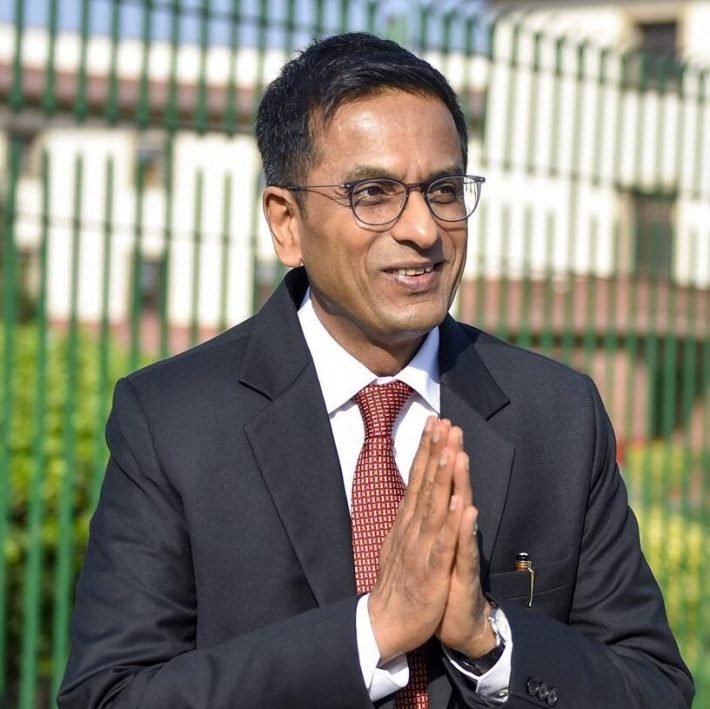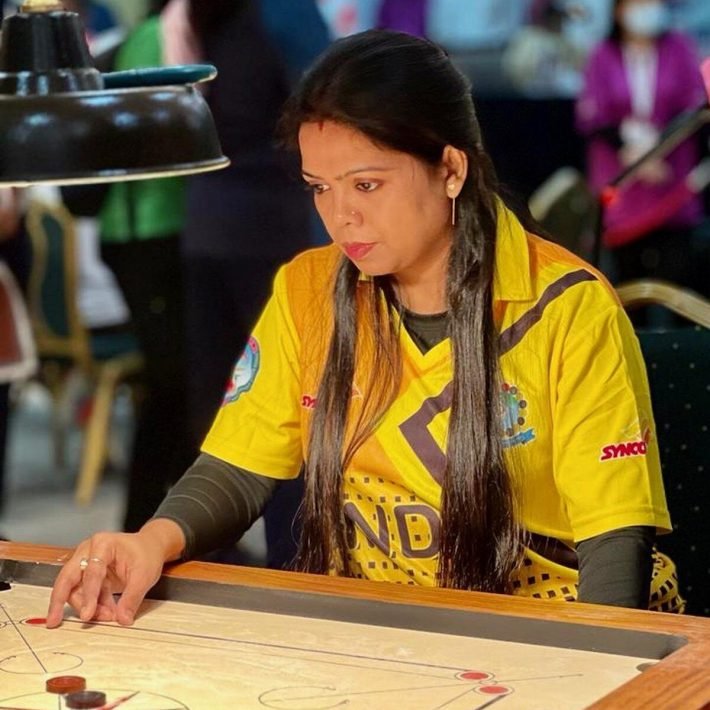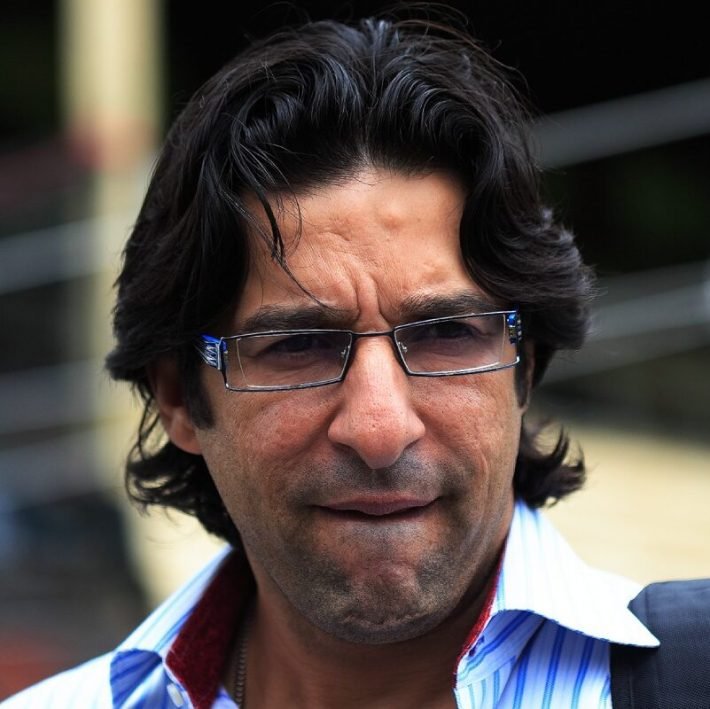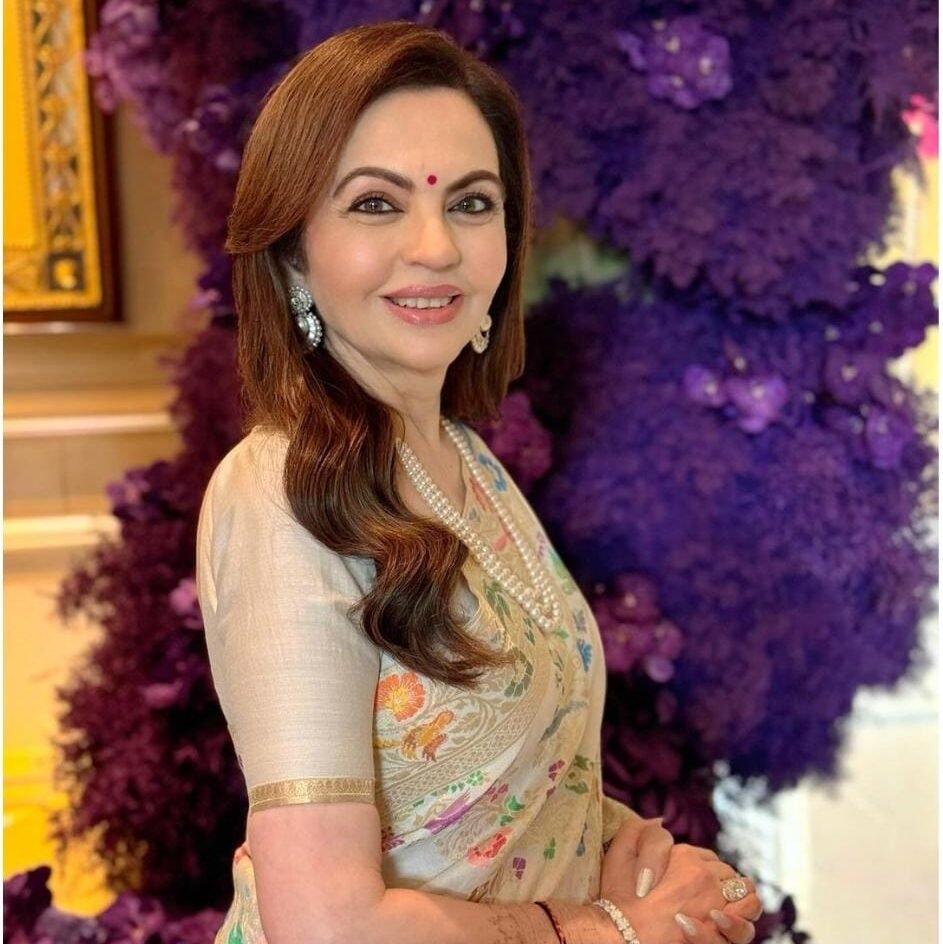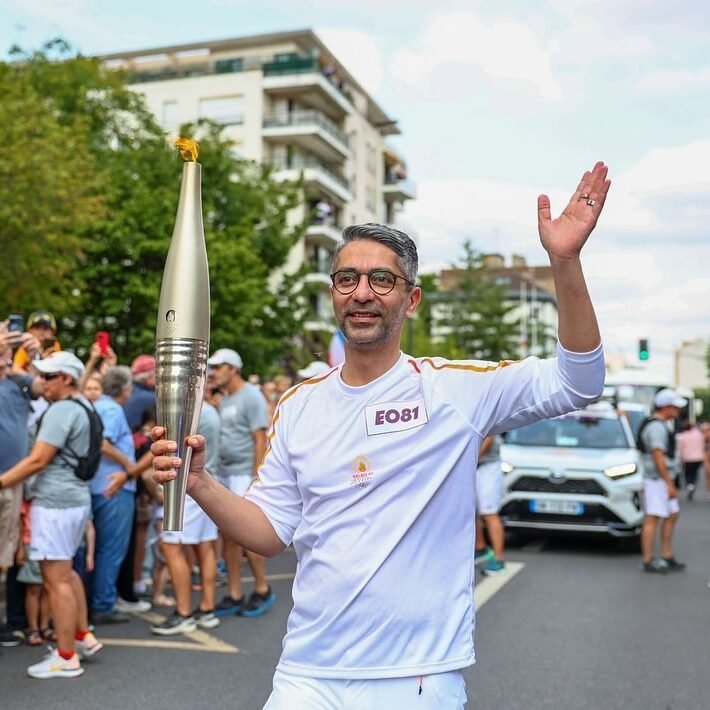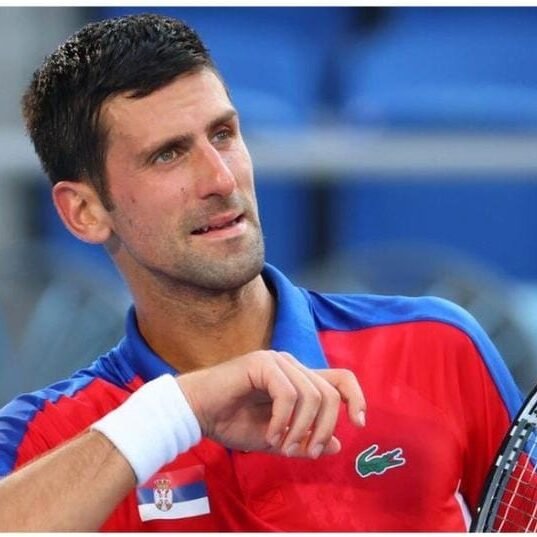Olympian Neeraj Chopra will go down in history along with the greats like Milkha Singh and PT Usha. He is the first Indian to have won a Gold in Athletics at the Olympics 2020, and continually serves to make his country proud. Paula Dsouza gets him to talk about his unwavering love for javelin throw and more…
What is it that first drew you to javelin throw?
I first saw the javelin when I was visiting a stadium near my village for some fitness and exercise. Some senior athletes were practicing the javelin and I was completely drawn by the way the javelin flew through the air; something about the way it flew with the tail swivelling all along drew me to the sport. After I tried it, I realized I really enjoyed the sport and there has been no looking back since.
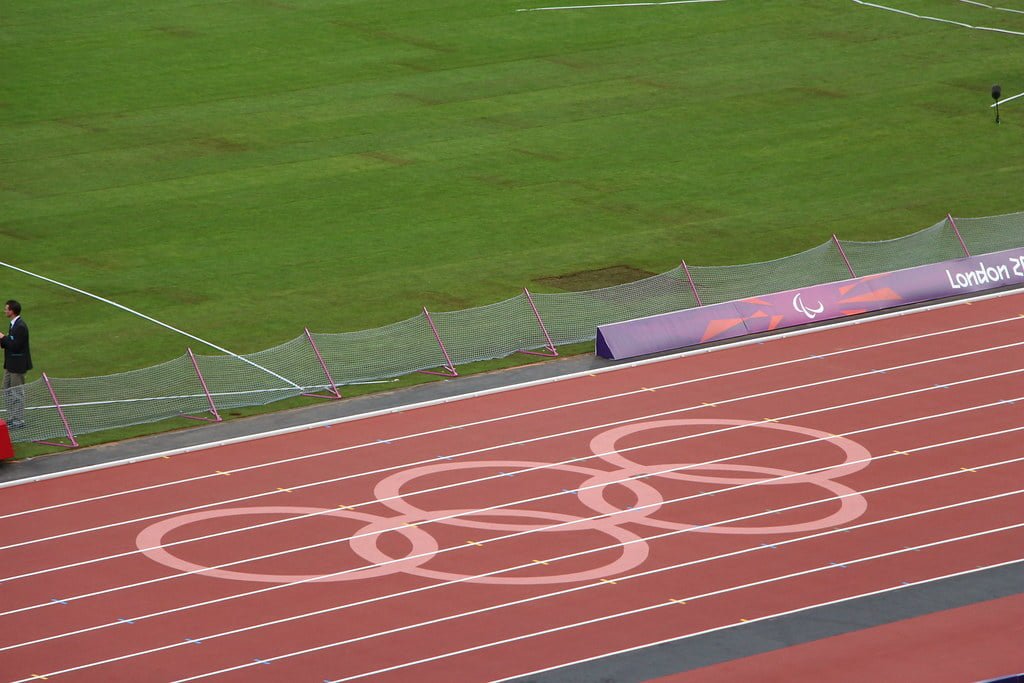
Please share something important that you have learnt from your coach Klaus Bartonietz.
I genuinely believe that I have picked up many aspects from all the coaches I have worked with, right from when I first picked up the sport. Each coach brings their own nuances, which I try to inculcate into my training and become better. In Coach Klaus’ case, he brings a lot of technical knowledge as a biomechanist, which is very useful for me as I train to improve my javelin throwing technique. However, what I enjoy the most with him is the fact that we have fun while training. He doesn’t put a lot of pressure on me, and asks me to enjoy myself while training or during a competition. So I’ve learned a lot about how to approach the sport through him, which I feel has worked in my favour.
What would you say is a major misconception people have about you?
A lot of people who have seen my videos and ads online or on TV have asked me if I want to work in TV or movies after my sports career. They feel I act well in those videos and have asked if I have ambitions in this domain, because they feel it’s something that I like or enjoy doing. But the reality is far from the case; I have absolutely no intention at all to make a career in acting or in front of the camera after my sporting career is over!
Who is someone you look up to? Why?
I have always been very fond of and looked up to my younger uncle, Surender (father’s youngest brother). He is the only one in our large joint family who had an interest in sports and fitness, and it was him who pushed me to go to the stadium to take up sport as an overweight kid. Even today, he is one of my closest confidants and even though I don’t meet my family as often, I always try to speak to him when I need motivation. In sport, my role model has been Jan Zelezny, the javelin world record holder whose videos I grew up watching. Closer home, the stories of Milkha Singh, PT Usha and more recently, Abhinav Bindra sir, have been inspirational to me.
What is a virtue you think sport, more specifically athletics, has taught you?
Sport has taught me that there are no shortcuts to the top. And if you are able to put all your effort and dedication into something, you will achieve success. Sport has taught me the importance of patience, and the value of learning and believing in the ‘process’. These are virtues that I think go beyond the sports field and can be important life lessons as well.
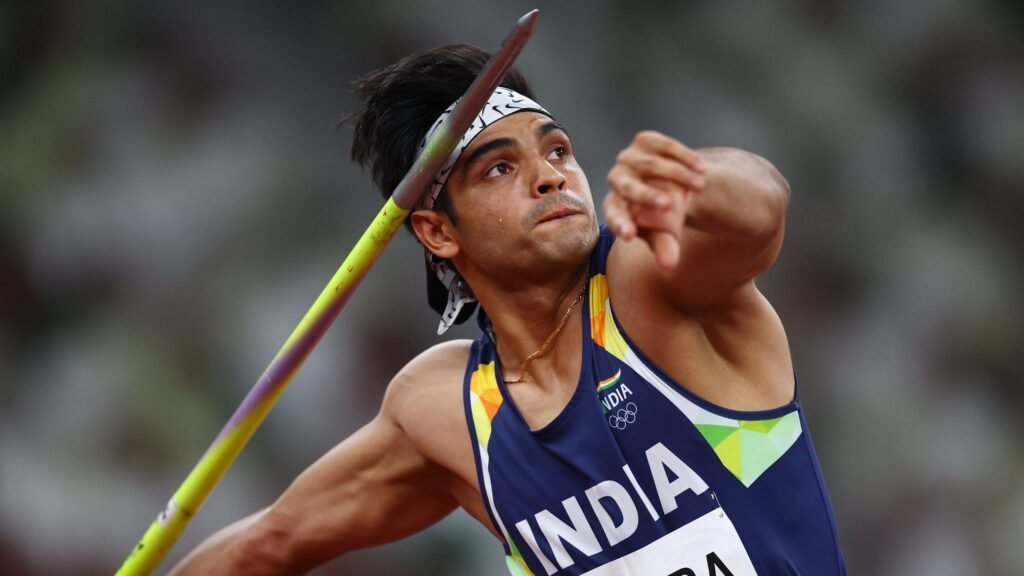
What is the biggest challenge you have had to face so far?
In my sporting career and my life, the biggest challenge would probably have to be when I underwent the elbow surgery on my throwing hand in 2019. I had had a successful 2018 season, winning the Commonwealth and Asian Games, and I was preparing for the pre-Olympic year with a focus on the World Championships and qualifying for Tokyo. At that point, to have to undergo surgery was a major challenge for me, since no one really knew what would happen post-surgery, as there are many instances of athletes not being able to recover completely after getting operated. It was something that did keep me up at night because I had to undergo a long rehabilitation process. It was difficult to stay positive and motivated, at times. And after I got fit, COVID happened, training and competitions stopped, and the Olympics had to be postponed. So it was a challenging two-year period for me as a whole.
However, I think that entire period also helped make me the athlete that I am today. I was able to do proper rehab, get back stronger than before, qualify for the Olympics and win the Gold. It taught me to get a better sense of my own body, the limits I should push myself to, and more importantly, the line beyond which I should not push myself.
What is a goal you wish to achieve in the next 10 years?
I would like to keep doing what I do, and continue doing my best for my country at every competition I go to. Yes, I have won an Olympic medal and a World Championship medal, but I think the real legacy of my medals would be if I can continue living up to the expectations people have of me, while also inspiring the current and next generation of Indian athletes to believe that they can also be among the best in the world! That is what I feel would be the real value of my medal.
Having been the first Indian to win a Gold medal in Athletics at the Olympics, how do you deal with the pressure and expectations of people?
I know people think that I just say this, but honestly, I don’t let the pressure and expectations get to me. In fact, I feel motivated and spurred on, knowing that so many people believe in me and are praying for me to do well. From the beginning, I have always approached every competition with the same goal – to give my 100%, my best shot, and try to be the best version of myself on that day. That has worked very well for me so far, so I would like to continue approaching my sport the same way, and hopefully, give back to people through my performances.
What advice would you give to someone who wants to get into athletics?
Give your full dedication and hard work to training, surround yourself with the right support group of coaches and fellow athletes, remain patient, and trust the process of growth and development.
What do you do to tune out the noise and focus pre-event?
I usually have my pre-event routine, which includes my warm-up and getting competition ready. I tend to listen to a lot of music as it helps me focus before the event. Typically, some fast beats and high-tempo music is good to get me pumped up for the event. Another thing I rely on quite a bit before the event is visualization, where I try to imagine myself throwing in the conditions I am going to be in on event day. This helps me a lot in terms of preparation.
How do you plan to prep for the upcoming Commonwealth and Asian Games?
My 2022 season will end with the Diamond League finals in Zurich on September 8. Overall, it’s been a great year, though I had a small issue with a minor injury which kept me out of the Commonwealth Games. Post season, I intend to take a short holiday, but am very keen on starting my post-season rehabilitation soon, so I don’t miss training for an extended period of time.
2023 will be an important year because we have the Athletics World Championships as well as the Asian Games happening. Additionally, the qualification window for the Paris Olympic Games will start, and I’m keen on getting myself into the best shape possible to set myself up for good 2023 and 2024 seasons.
What is your favourite part about the javelin throw?
The best part about my sport is when you’re feeling in good shape, whether in training or competition, when everything falls in place, and you’re able to throw the javelin far!
Having said that, it’s also a fact that we’re not always going to be in absolute perfect fitness or the body doesn’t cooperate, or countless other reasons why a training session or competition doesn’t go according to plan.
I think that part of training (where there’s a belief or hope that you can do better and that you have a certain number of days or sessions to get ready for a particular target), that feeling is what I find incredibly exciting and humbling about the sport, which keeps me excited. It’s that feeling I chase consistently to keep training and playing the sport, and making it fun and interesting for me since there’s always room to do better.

What was your main purpose for starting the #JavRun challenge?
The #JavRun challenge came about when my team was speaking to the YouTube team about ways we could leverage the post-Olympics buzz into something more meaningful. I’ve always wanted to use my platform to spread the message of sport and fitness, so I started my YouTube channel with the hope that I can put out training and fitness videos which could inspire the next generation. The idea behind the #JavRun challenge was to get more people to take an interest in the sport of javelin, while also having some fun with it. The response has been phenomenal, and I’ve been overwhelmed by the way people have taken to it!
A big part of your training has involved the use of hurdles. What kind of skill does that help build?
Oh absolutely, we use hurdles a lot in our training and it is something I love doing as part of my training. We do many jumps and drills using the hurdles which are primarily to help with the explosiveness, speed and general fitness that is crucial for a javelin thrower. Hurdles help strengthen and improve stability in the lower body, and the jumping and landing motions help the feet get used to the kind of force we typically face when going through the javelin throw motions of running and then blocking the momentum with one foot, and using that force to throw the javelin like an arrow out of a bow.
In what way can the provision of facilities for athletics in our country be improved according to you?
I think the biggest provision we can have in our country is to make sports more accessible to kids; to just play any sport. We lack playgrounds and fields across the country where children can take up sport in a safe and structured manner. This, in itself, can make a huge impact. Additionally, I think it is very important for talented youngsters to get included into structured training programs through government and corporate support so that even at the grassroots, more athletes are able to play and gain the health and wellbeing benefits that come from playing sport and keeping fit.


